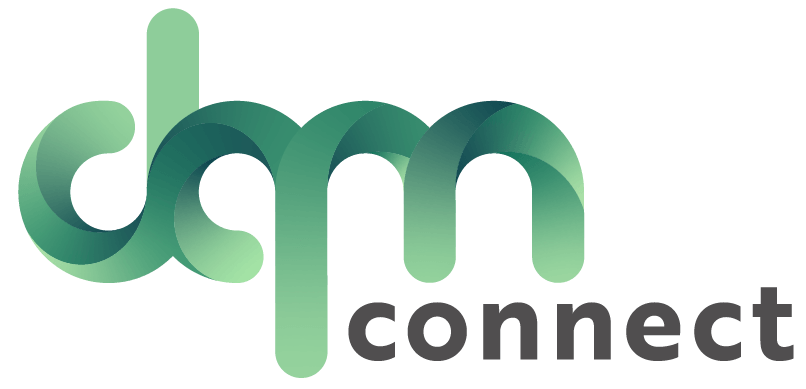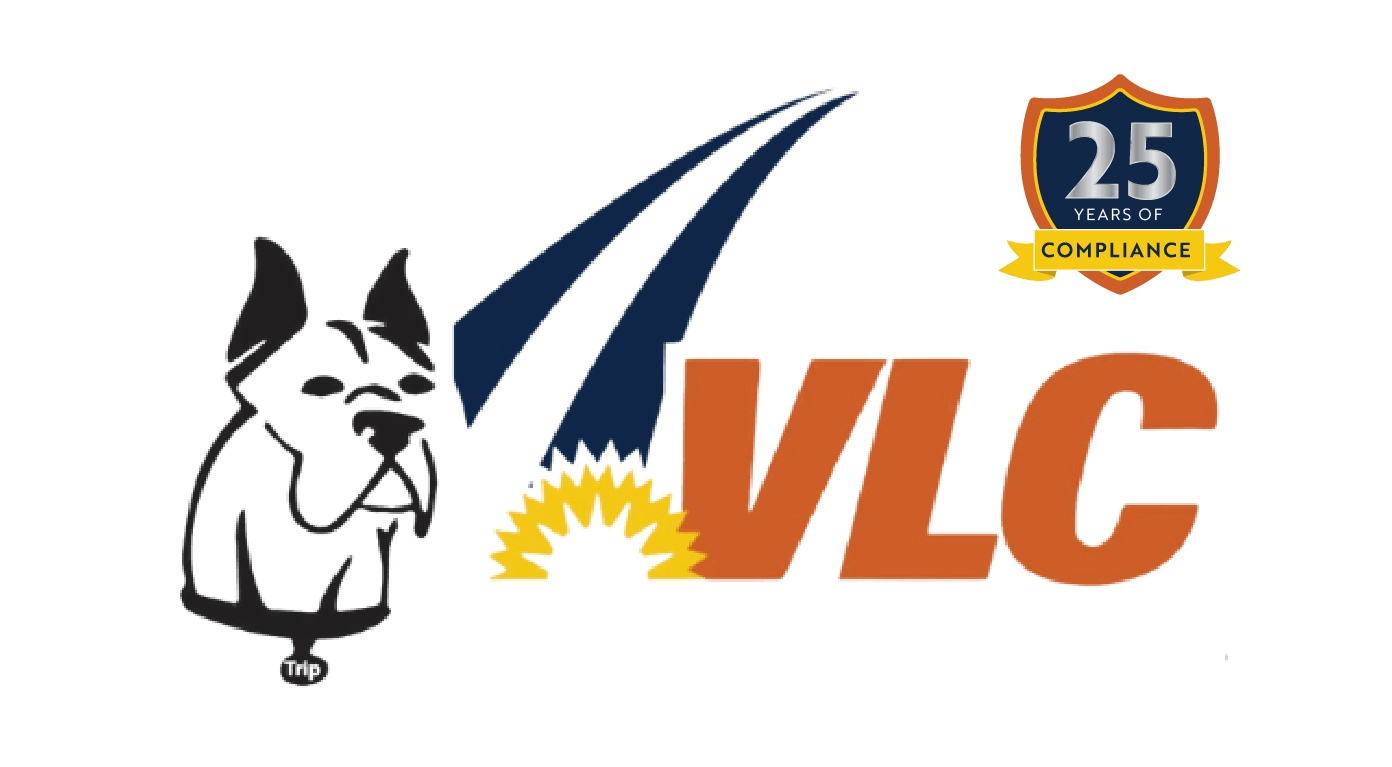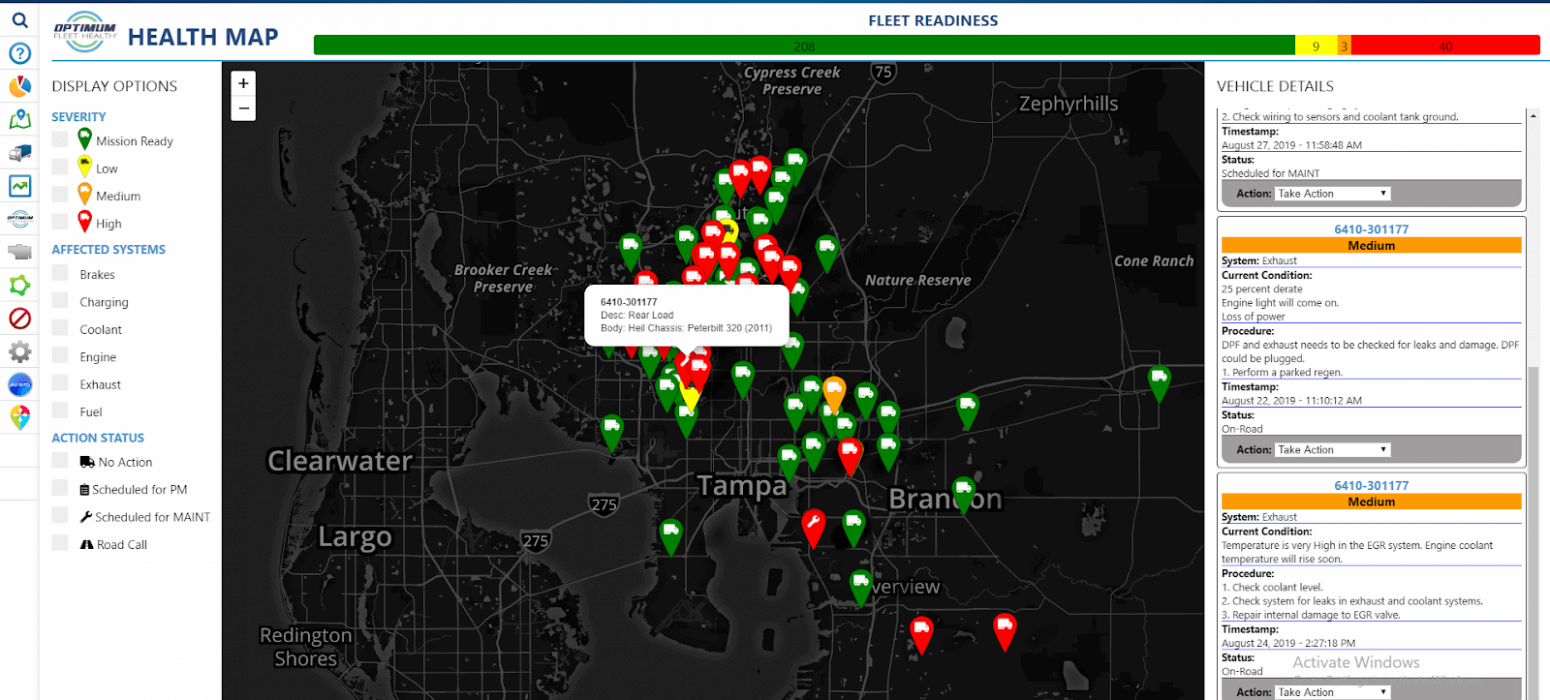Tips For Fleet Maintenance Management Best Practices
For 28 years, Vehicle Licensing Consultants (VLC) have been working hard to help shipping operations of all sizes improve their efficiency and productivity. We are fleet maintenance management specialists, with a range of consulting services and software packages that make your life easier while improving your bottom line.
So, what are the most important elements of fleet maintenance management in the 2020s? These are the areas we often suggest our customers focus on.
Four Critical Areas of Fleet Maintenance Management
1 – Establish clear, measurable, achievable goals
This is the foundation of all good fleet maintenance and good business growth in general. You should set clear goals and metrics for operations, and then measure progress towards those metrics over time. They should always be expressed in well-defined terms, preferably with hard numbers attached, so there’s no ambiguity about expectations.
This can include elements such as:
- Reducing accidents or traffic violations
- Optimizing fuel use
- Reducing delivery times
- Improving vehicle value / reducing depreciation
- Customer satisfaction levels
A company that doesn’t have clear-cut goals will struggle to improve in a reasonable fashion.
2 – Constant monitoring and data-tracking of vehicles
We’re not just talking about on-the-road monitoring here. Every possible aspect of your vehicles should be monitored and recorded for data analysis. Repairs, part lifespans, mileage, standards compliance, warranty terms, fuel efficiency… Every aspect of your fleet can potentially be analyzed looking for new opportunities for cost-cutting or improved profitability – but only if you’re tracking the data.
3 – Driver management
It’s every bit as important to monitor your drivers with the same level of detail as your vehicles. This can include overall route drive times, adherence to safety regulations, accidents, fuel-conservation strategies, and more. These can be tied back to your operational goals so that you can encourage driving behavior that best aligns with those goals. For example, are you more concerned with speed or fuel efficiency? Either could be the right answer, but you should be able to give your drivers clear guidance on which you’re optimizing for.
4 – Have robust fleet management software
Fleet management software is the backbone of every good trucking operation. It should be able to handle basic routing, hold data on your vehicles and drivers, and hopefully integrate your customer relationship management database as well. Having all information at your fingertips makes day-to-day operations so much easier.
VLC consulting and software can help your fleet achieve maximum efficiency! Click here to learn more.



